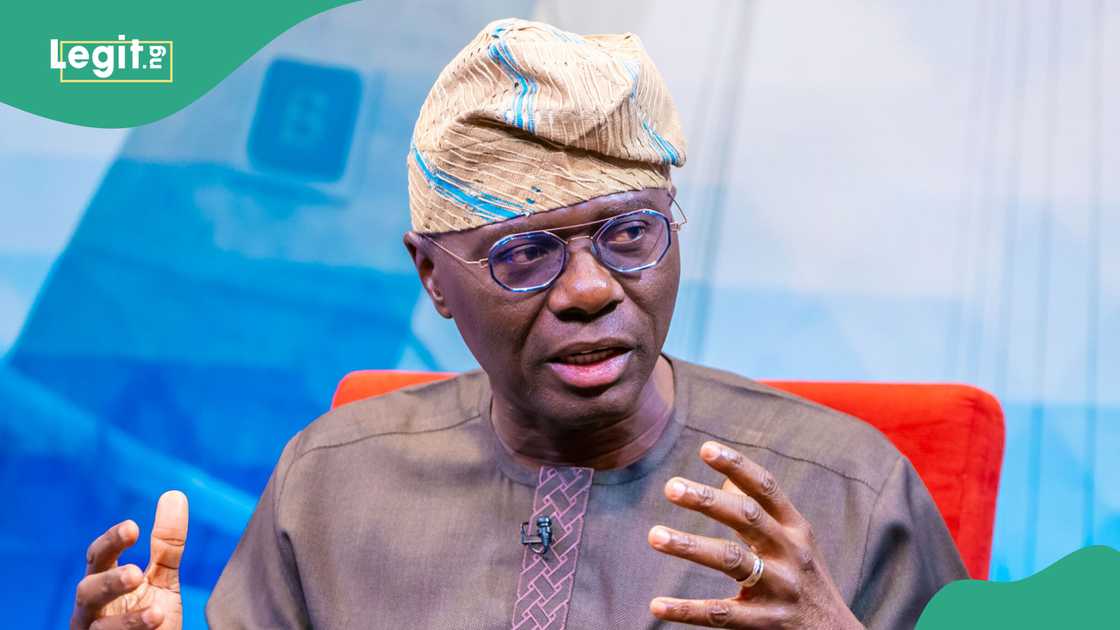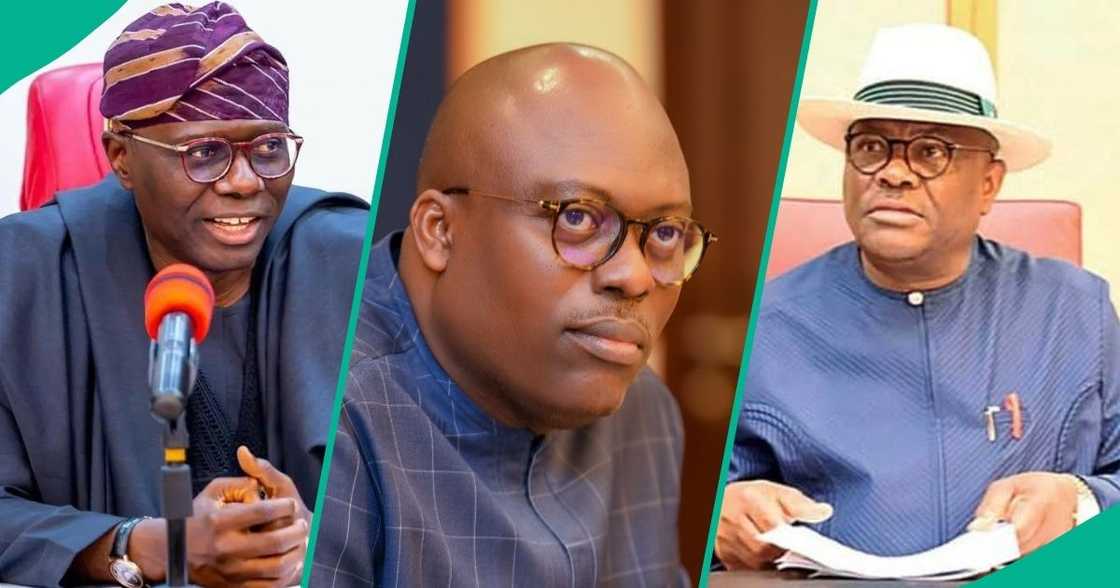Lagos Outshines 31 States Combined: Inside Nigeria’s Billion-Dollar Revenue Gap
- Lagos emerged as the leading state with the largest Internally Generated Revenue in 2025
- The state’s N1.23 trillion IGR dwarfs that of 31 states combined, with experts predicting bigger IGR next year
- According to data from the National Bureau of Statistics, the State of Excellence also led in foreign direct investment (FDI)
Pascal Oparada, a reporter for Legit.ng, has over ten years of experience covering technology, energy, stocks, investment, and the economy.
While foreign direct investments (FDI) into most Nigerian states declined sharply in 2024, Lagos state emerged as the shining exception, generating more revenue than 31 other states combined, according to new data from the National Bureau of Statistics (NBS).

Source: Getty Images
The report revealed that Lagos raked in ₦1.23 trillion in internally generated revenue (IGR) last year, underscoring its dominance as Nigeria’s economic engine.
In comparison, the combined IGR of 31 states failed to match Lagos’s output, highlighting the country’s widening fiscal imbalance.
FDI drought deepens state revenue struggles
Across Nigeria, foreign investment inflows have been drying up. Many state economies that once relied on multinational operations, donor projects, and federal allocations are now facing unprecedented shortfalls.
The Central Bank of Nigeria (CBN) noted a 34% decline in FDI across several non-oil sectors in 2024, worsening fiscal constraints in states with limited economic infrastructure or low industrial activity.
Analysts say this FDI drought has left many states heavily dependent on monthly federal allocations, with little or no effort toward creating self-sustaining revenue sources.
The result is a stark contrast: Lagos continues to grow its tax base through thriving business activity, while others battle to keep their budgets afloat.
IGR: Why Lagos keeps winning
Experts attribute Lagos’s revenue success to three key factors: an expansive formal economy, efficient tax collection systems, and strong private sector confidence.

Read also
Power Minister blames DisCos for Nigeria's electricity failures, threatens license revocation
The state’s reforms in land administration, business registration, and digital tax collection have expanded its reach across both formal and informal sectors.
Lagos also remains Nigeria’s top investment destination, attracting over 70% of the country’s private sector investment. Its massive consumer market, advanced infrastructure, and stable policy environment keep businesses anchored even amid national economic turbulence.
Tunde Bakare, a development economist, explained that “Lagos’s consistency in economic reforms and digital governance has made it resilient to FDI shocks affecting other states.”
Experts warn Nigeria’s widening IGR fiscal gap
In contrast, states across the North and South-East recorded significant drops in IGR as companies scaled back operations or relocated to more stable environments. Many rely on PAYE deductions from civil servants as their main income, leaving them vulnerable to inflation and layoffs.
Experts warn that this imbalance could threaten Nigeria’s long-term growth prospects.
“When one city accounts for over 40% of national IGR, it signals a deep structural problem,” noted a policy analyst at PwC Nigeria. “No sustainable economy thrives with such concentration of wealth and productivity.”
Experts urge states to replicate Lagos model
As Nigeria looks to attract new FDI and diversify its economic base, fiscal experts are urging state governments to study Lagos’s model , investing in ease of doing business, digital tax reforms, and industrial clusters.
Until more states replicate such strategies, Lagos’s dominance may only grow stronger, and Nigeria’s internal revenue gap could deepen further.

Source: Facebook
Why foreign investors snubbed 32 Nigerian states
Legit.ng earlier reported that despite Nigeria recording a massive 215% jump in capital importation in 2024, a shocking 32 states failed to attract a single dollar in foreign investment.
From Abia to Zamfara, these states were completely sidelined as investors concentrated their funds in just a handful of regions.
Why? The reasons ranged from insecurity and poor infrastructure to unfriendly policies and a lack of transparency.
Proofreading by Funmilayo Aremu, copy editor at Legit.ng.
Source: Legit.ng



